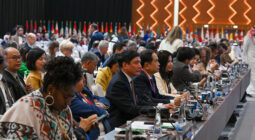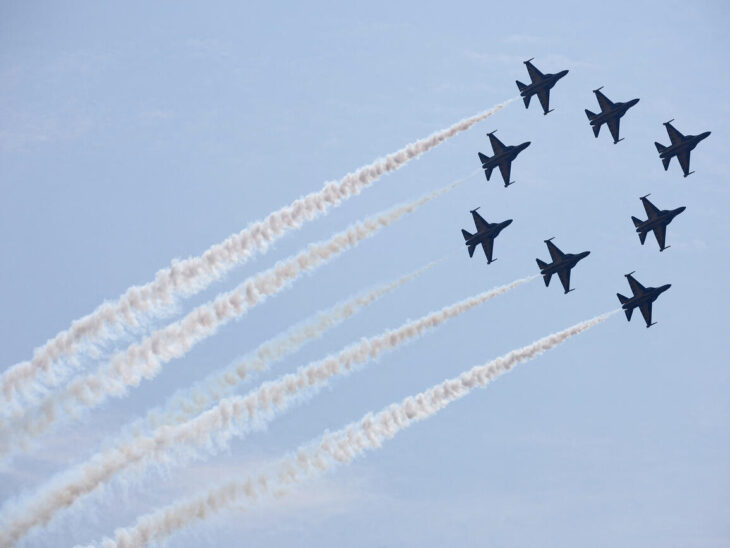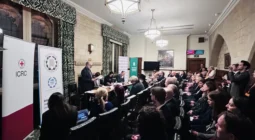

IPU publication advocates for stronger parliamentary oversight amid record highs in military expenditure
With global military expenditure rising to a record estimate of USD 2.7 trillion in 2024, a new Inter-Parliamentary Union(IPU) issue brief calls for parliaments to strengthen their scrutiny of defence spending in the interests of transparency, accountability and democracy.
The IPU publication, Democratic checks, military balances: Parliamentary oversight in an era of rising military expenditure warns that unchecked defence spending risks weakening democratic controls, diverting funds from essential public services such as health and education, and allowing executive power to go unchallenged.
According to the Stockholm International Peace Research Institute, 2024 marked the tenth consecutive year of global increases in military budgets, amid more than 120 conflicts worldwide.
The brief highlights that a portion of military spending remains off budget – outside regular parliamentary or public scrutiny – often justified on the grounds of national security or emergency response. These opaque practices can undermine transparency and accountability and increase the risk of corruption or misappropriation of public funds.
However, the brief also cites several examples of effective parliamentary oversight:
In Canada, independent analysis by the Parliamentary Budget Officer delayed procurement of a costly fighter jet and boosted fiscal transparency. Chile’s repeal of the secretive “Copper Law” led to a more accountable defence funding framework. Denmark’s multi-party Defence Agreements have helped stabilize military budgets while keeping the executive within agreed limits. In South Africa, parliamentary audits ensure military funds are not diverted without proper oversight, and in the Republic of Korea, parliamentary scrutiny blocked the declaration of martial law in 2024.
To strengthen democratic control of defence spending, the publication recommends the following:
. Require regular, public reporting on all military budgets, including off-budget funds.
. Enable independent audits and apply rigorous financial management standards.
. Hold open committee hearings on defence matters to foster trust and transparency.
. Integrate gender analysis into budgeting to create more inclusive security policies.
. Empower legislators to summon senior officials and impose time limits on emergency allocations.






